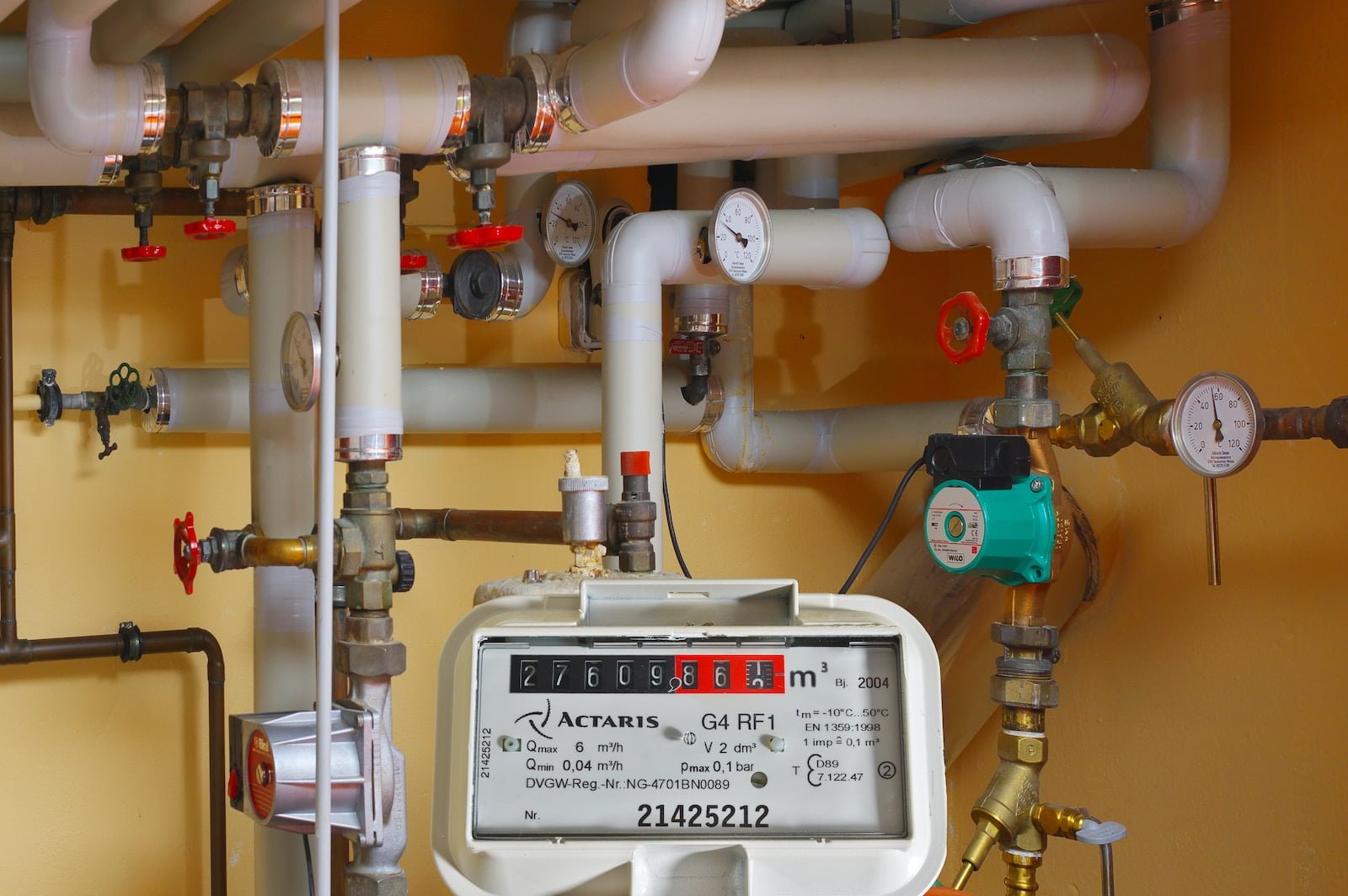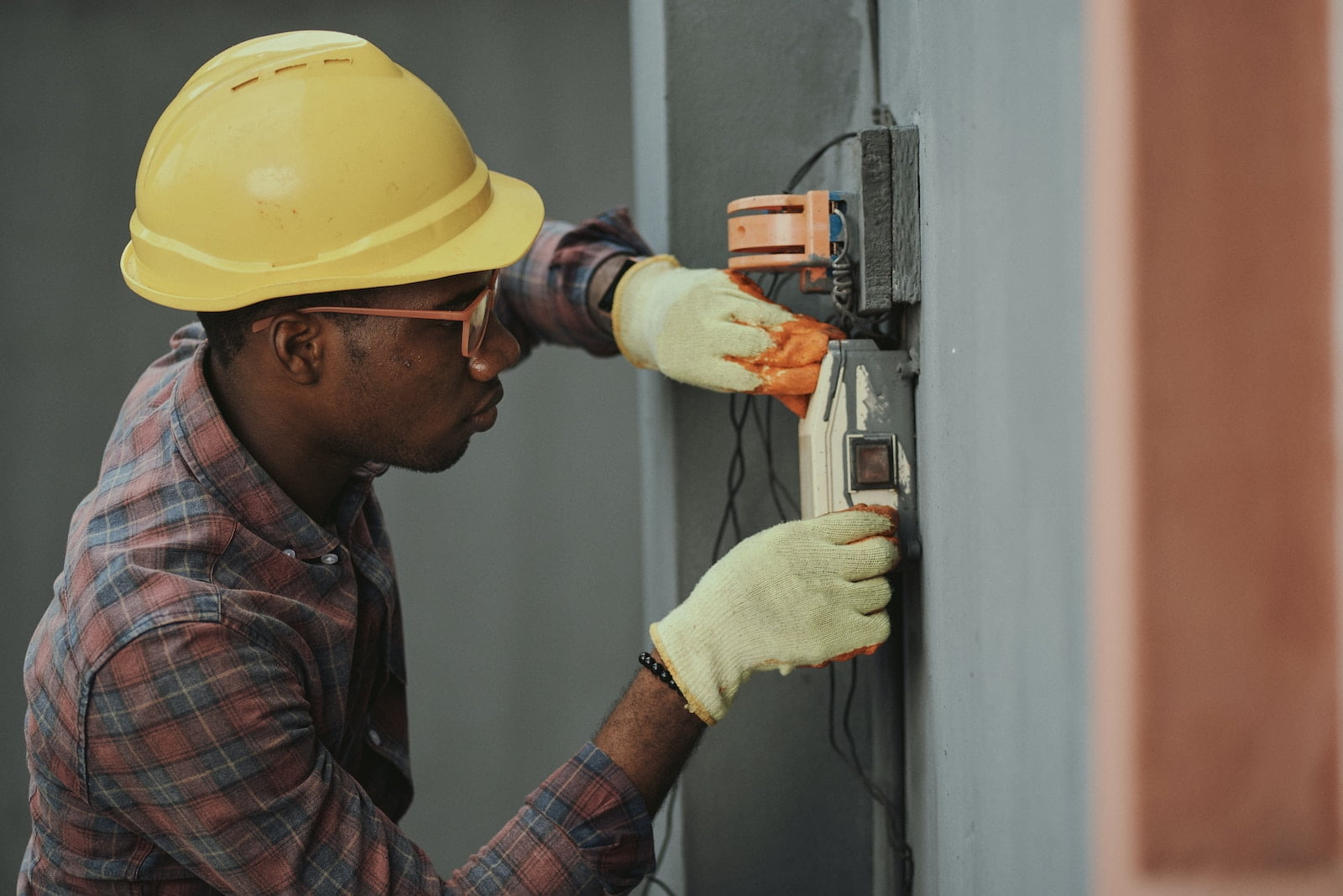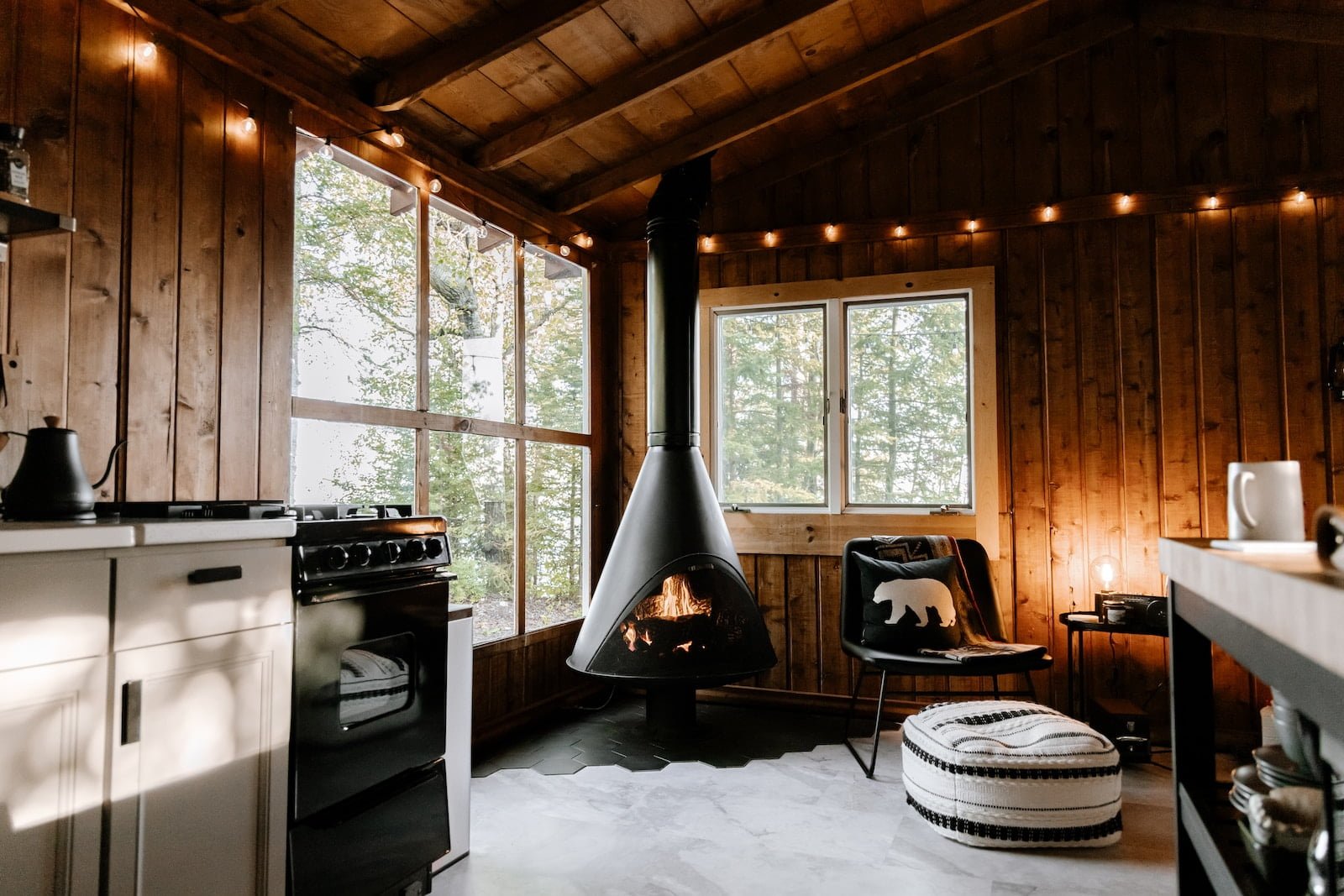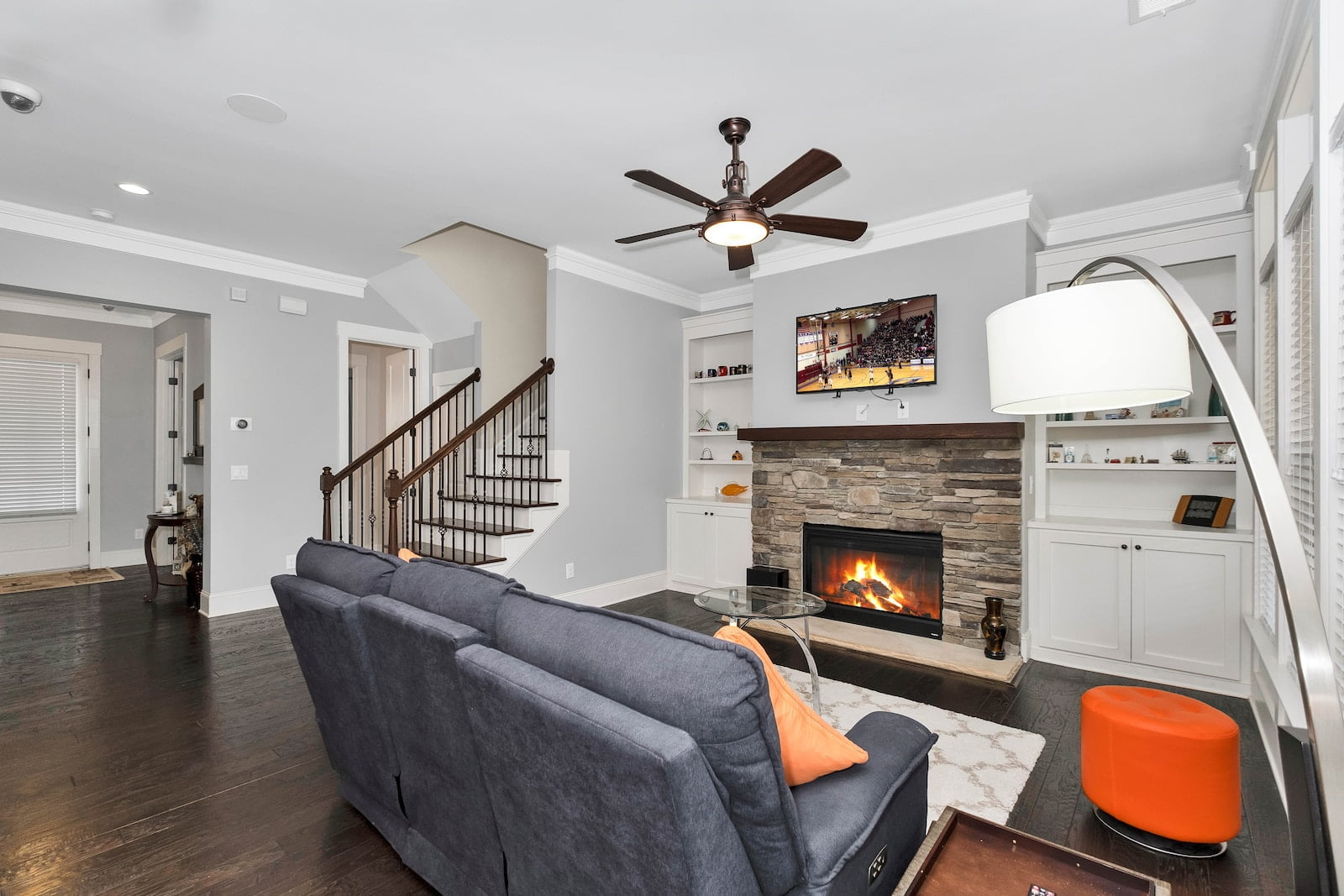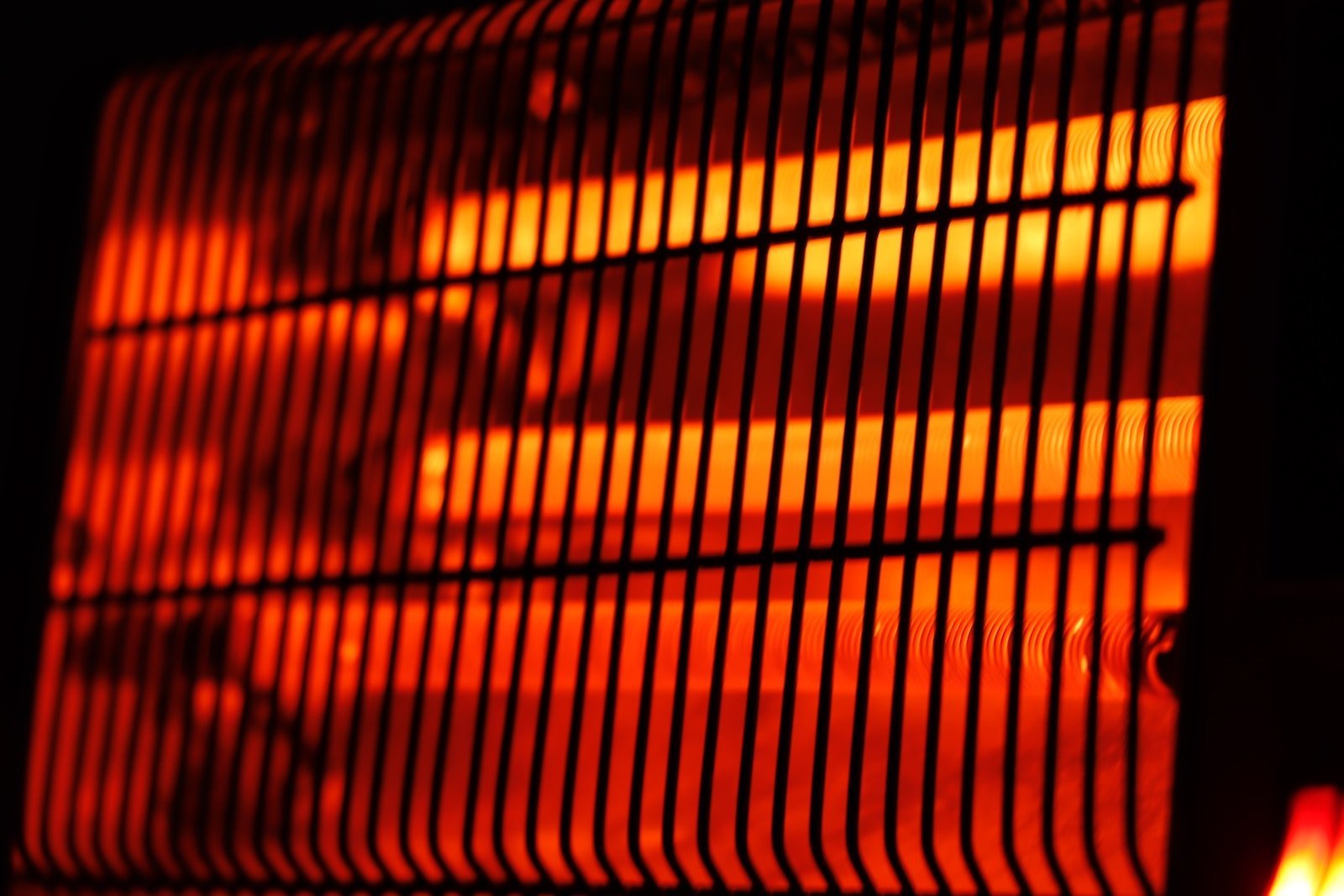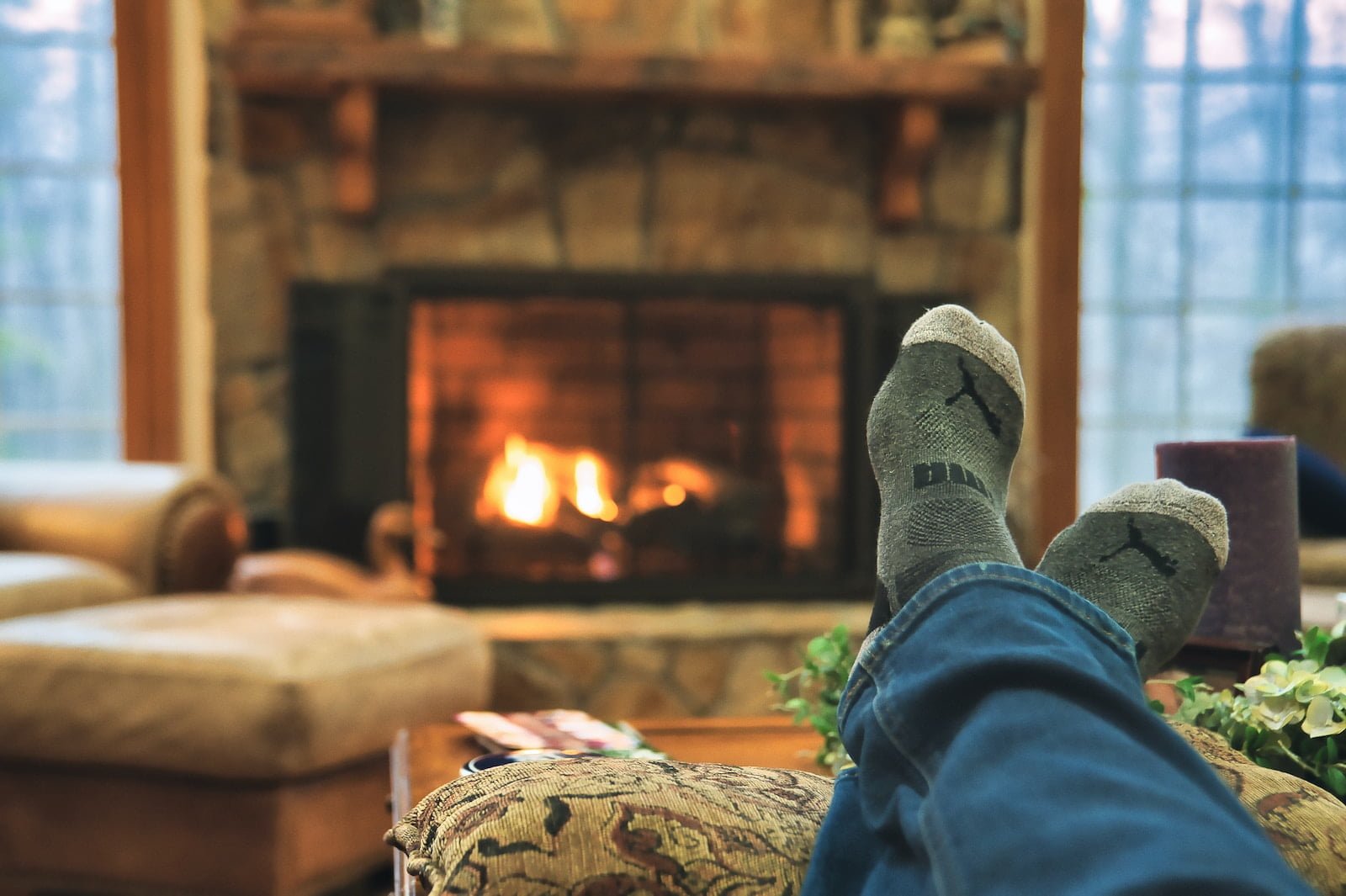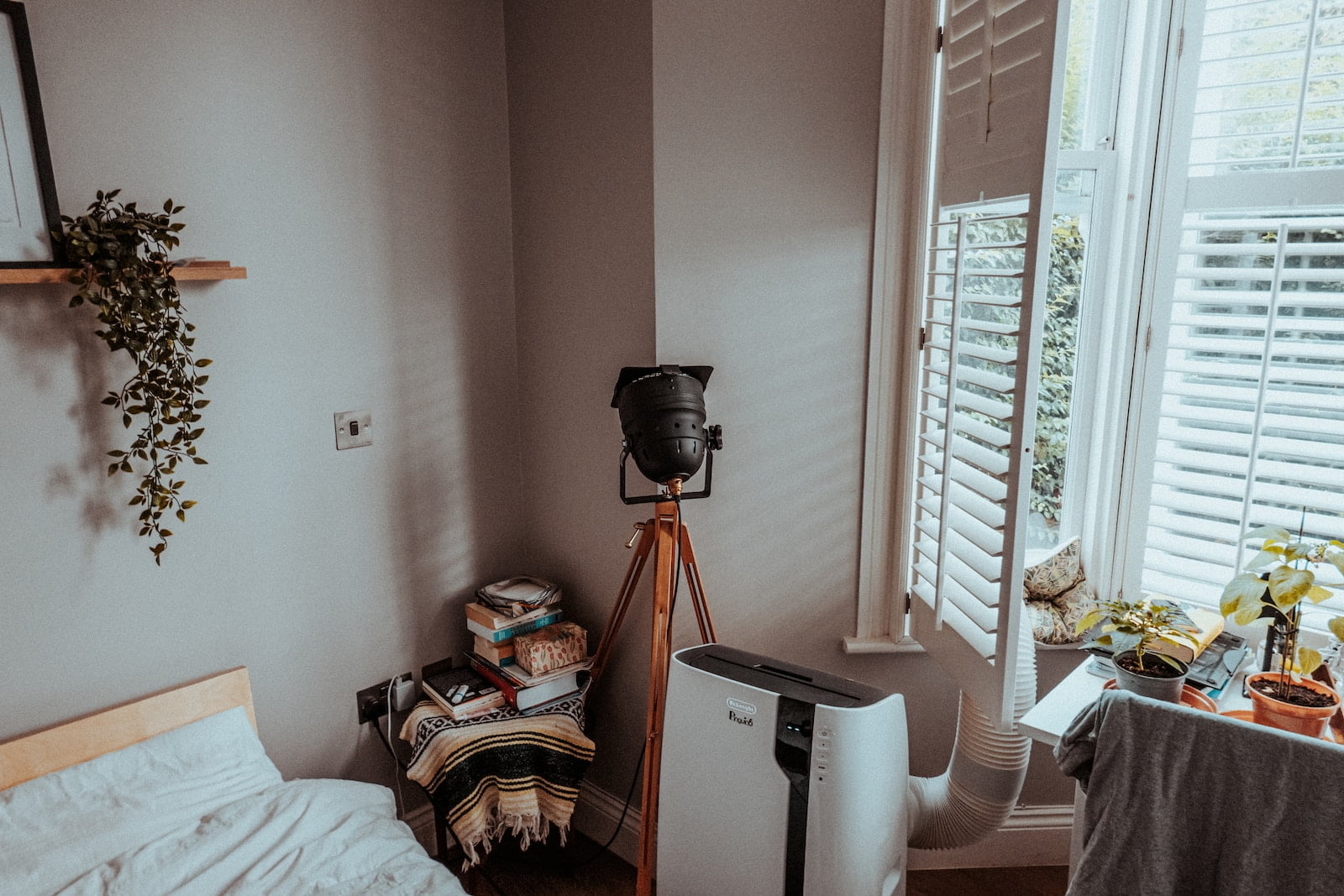Tips to Troubleshoot Your Home HVAC System Like a Pro
As homeowners, we rely heavily on our HVAC systems to keep our homes comfortable year-round. However, many of us may not fully understand how these systems work or how to identify potential problems. That’s where understanding the basics of your HVAC system comes in. By learning about the different components and how they work together, you can better maintain your system and potentially save money on costly repairs in the long run.
So, whether you’re a new homeowner or simply looking to expand your knowledge, this guide will provide you with the essential information you need to know about your HVAC system. From the air conditioning unit to the furnace and everything in between, we’ll cover the basics of how your HVAC system works and help you identify potential issues before they become major problems.
Regular Maintenance
One of the best ways to keep your HVAC system in top shape is by performing regular maintenance tasks. This includes changing filters and cleaning coils on a regular basis. By doing so, you can ensure that your system is running efficiently and effectively, which can help you save money on your energy bills and prevent costly repairs down the line.
When it comes to changing filters, it’s important to do so at least once every three months, or more frequently if you have pets or allergies. A dirty filter can restrict airflow and cause your system to work harder than it needs to, which can lead to higher energy bills and a shorter lifespan for your HVAC system.
Cleaning coils is another important maintenance task that can help keep your system running smoothly. Over time, dirt and debris can accumulate on your coils, which can reduce their efficiency and cause your system to work harder. By cleaning your coils regularly, you can help improve your system’s performance and extend its lifespan.
Overall, performing regular maintenance tasks is an easy and effective way to keep your HVAC system in top shape. By taking care of your system, you can enjoy reliable and efficient heating and cooling all year long.
Identifying Common Issues
Once you have a basic understanding of how your HVAC system works, it’s important to recognize common issues that can arise. By identifying these problems early on, you can troubleshoot more effectively and avoid costly repairs down the line. One common issue is leaks, which can be caused by a variety of factors such as loose connections, worn out seals, or cracks in the system. If you notice any moisture or water pooling around your HVAC unit, it’s important to address the issue right away to prevent further damage.
Another common issue is strange noises coming from your HVAC system. These can range from rattling or banging sounds to squealing or whistling noises. These sounds can indicate a variety of issues such as loose or damaged components, worn out belts, or a clogged air filter. If you hear any unusual noises coming from your HVAC system, it’s important to have it inspected by a professional to determine the cause and make any necessary repairs.
Poor airflow is another common issue that can affect the performance of your HVAC system. This can be caused by a variety of factors such as clogged air filters, blocked ducts, or a malfunctioning blower motor. If you notice that your home is not being heated or cooled evenly, or if you feel weak airflow coming from your vents, it’s important to have your HVAC system inspected to determine the cause and make any necessary repairs.
DIY Troubleshooting: Learn how to troubleshoot your HVAC system on your own, including checking thermostat settings and inspecting ductwork.
Another important aspect of DIY troubleshooting for your HVAC system is to inspect the ductwork. Ductwork is responsible for distributing air throughout your home, and if it’s damaged or blocked, it can cause your system to work harder than it needs to. Inspect your ductwork for any visible damage, such as holes or leaks, and make sure that all the vents are open and unobstructed. Additionally, check for any signs of mold or dust buildup, which can negatively impact your indoor air quality. If you notice any issues with your ductwork, it’s best to call a professional HVAC technician to make the necessary repairs.
By learning how to troubleshoot your HVAC system on your own, you can save time and money on unnecessary service calls. However, it’s important to remember that some issues may require professional assistance. If you’re unsure about how to proceed with troubleshooting or if you notice any serious issues with your system, don’t hesitate to call a licensed HVAC technician. They have the knowledge and experience to diagnose and repair any problems with your system, ensuring that your home stays comfortable year-round.
When to Call a Pro
While there are some HVAC issues that can be resolved with simple troubleshooting, there are certain problems that require the expertise of a professional HVAC technician. One of these issues is refrigerant leaks. Refrigerant is a crucial component of your HVAC system, and if it’s leaking, it can cause your system to malfunction and even pose a health hazard. A professional HVAC technician can safely and effectively identify and repair refrigerant leaks to ensure your system is running smoothly and efficiently.
Another issue that requires the help of a professional is electrical problems. HVAC systems are complex and involve a variety of electrical components. If you’re experiencing issues with your HVAC system’s electrical components, it’s important to call in a professional technician to diagnose and repair the problem. Attempting to fix electrical issues on your own can be dangerous and can even cause further damage to your system.
Knowing when to call in a professional HVAC technician is key to keeping your system running smoothly and efficiently. If you’re experiencing refrigerant leaks or electrical problems, don’t hesitate to call in a professional to diagnose and repair the issue. With the help of a professional, you can ensure that your HVAC system is functioning properly and keeping your home comfortable year-round.
